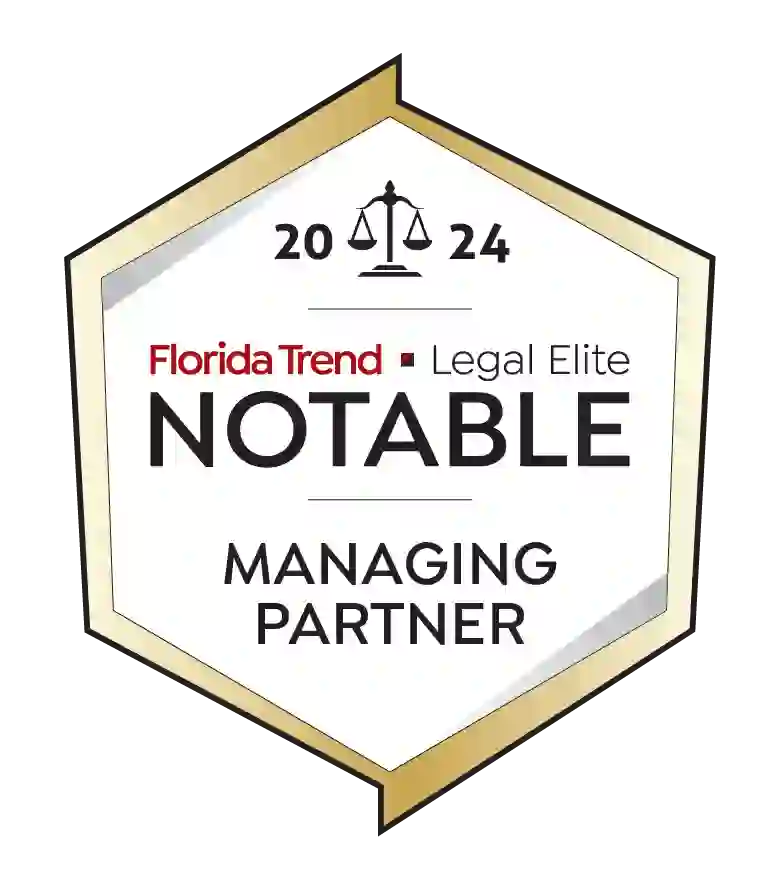An estate executor is commonly known as your personal representative, and you can assign this role to a loved one or trusted friend in your will, or even a corporation permitted to serve under state law. If you die intestate (without making a will) the probate court judge will assign a personal representative to settle your estate.
There are laws that govern executors, and you must abide by them when choosing one to avoid the courts doing it for you after your death. Begin by asking your designee if they are willing because the job demands a lot of time and attention. Florida law entitles executors to compensation for their services, amounting to three percent of the estate’s value of up to one million dollars in assets, and two percent on the next five million. Whether you are contemplating assigning an estate executor in Florida or have been named one, or you are a beneficiary of an estate, the attorneys at The Florida Probate & Family Law Firm can help clarify a personal representative’s role.
Who is Prohibited from Serving as an Executor in Florida?
Executors cannot serve if they are younger than eighteen years old, and they must be physically and mentally capable of serving. Diminished mental capacity is determined by a court ruling. People who have felony convictions also cannot serve as executors. In Florida, any conviction for neglect, abuse, and exploitation of the elderly or disabled also disqualifies a person from personal representative duties. When assigning an estate personal representative in Florida, it is crucial to consider prohibitions.
Corporate Executors
Florida allows corporations to serve as executors, but not all of them. If a savings and loan association, bank, or trust company is tapped to act as a personal representative, according to Florida Statutes § 733.305, the institution must have authorization to act as a fiduciary in the state.
A fiduciary is a party that assumes a legal and ethical duty to act in the best interest of the person entrusting them with managing their interests, such as an executor. Corporations are generally used as estate executors when the party assigning the task has nobody in Florida close enough to them to entrust with the responsibility, or the estate is enormous and complex.
Out-of-State Executors
Executors must handle many probate matters daily, and the job may last months, depending on the complexity of the estate. That is why it is wise to enlist one who lives close by, but if that is not possible, some rules restrict out-of-state personal representatives. Generally in Florida, an executor who lives in another state must be related to the testator by blood, marriage, or adoption. These are the relatives who live elsewhere and can serve as executors according to Fla. Stat. § 733.304:
- A testator’s child, grandchild, or parent.
- An adopted child of a testator parent, or parent who adopted the testator.
- A brother, sister, uncle, aunt, niece, nephew, or any person with a common blood line with any such person.
- The spouse of those listed above.
People spend a lifetime amassing assets and hope for an orderly transition to their heirs when they pass away. Assigning a trusted estate personal representative in Florida is a crucial assurance that a testator’s wishes will be honored.
Call Our Florida Attorneys About Assigning an Estate Executor Today
Identifying the right executor to manage your estate after you pass away is crucial. This is the person who will file your will with the courts, inventory your assets, pay your final federal taxes (Florida does not have a state income tax), resolve debts with your creditors, and disburse those assets to your beneficiaries.
Contact The Florida Probate & Family Law Firm to discuss your estate planning needs, including what to look for when assigning an estate executor in Florida.





























